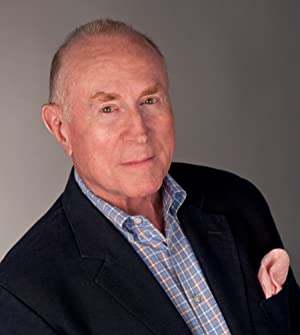 author
authorJames Fitzjames Stephen
Sir James Fitzjames Stephen, the 1st Baronet, was an English lawyer, judge, writer, and philosopher. One of the most famous critics of John Stuart Mill, Stephen achieved prominence as a philosopher, law reformer, and writer. James Fitzjames Stephen was born on 3 March 1829 at Kensington Gore, London, the third child and second son of Sir James Stephen and Jane Catherine Venn.
Stephen came from a distinguished family. His father, the drafter of the Slavery Abolition Act 1833, was Permanent Under-Secretary of State for the Colonies and Regius Professor of Modern History at Cambridge. His grandfather James Stephen and uncle George Stephen were both leading anti-slavery campaigners. His younger brother was the author and critic Sir Leslie Stephen, whilst his younger sister Caroline Stephen was a philanthropist and a writer on Quakerism.
Through his brother Leslie Stephen, he was the uncle of Virginia Woolf; He was also a cousin of the jurist A.V. Dicey. Stephen was first educated at the Reverend Benjamin Guest's school in Brighton from age seven before spending three years at Eton College in 1842. Strongly disliking Eton, Stephen completed his pre-university education by attending King's College, London, for two years.
In October 1847, he entered Trinity College, Cambridge. Although an outstanding intellect, he took an undistinguished BA in Classics in 1851, being, in his own words, one of the "most unteachable of human beings." He was, however, well-known as a strong debater at the Cambridge Union. He was also elected to the exclusive Cambridge Apostles, his proposer being Henry Maine, the newly-appointed Regius Professor of Civil Law, who became a lifelong friend despite their differing temperaments.
At Apostle's meetings, he frequently sparred with William Harcourt, later leader of the Liberal Party, in debates described by contemporaries as "veritable battles of the gods." Another Apostles contemporary was the physicist James Clerk Maxwell. Conscious of his legal education's slightness, he read for an LL.B. from the University of London. This was an unusual step for its day, and it was there that he first seriously engaged with the works of Jeremy Bentham.
Best author’s book



Written books
1



















